Hurriedly, Department officials drew up a consultation paper on ‘the conservation of habitats’, based on the recommendations of the review committee and setting out what the Government proposed to do about SSSIs. The answer, it seemed, was not much. Great faith was placed in the beneficence of landowners and in ‘the voluntary process’. In the anticipated rare cases when this was not enough, the NCC could in future apply to the minister for an order, not to save the site but to purchase breathing space in which to continue negotiating. However, not all SSSIs would qualify for the order; indeed it seemed that it would apply only to an unspecified number of sites ‘of national or international importance’. This was probably not what the chief executive of the RSPB had asked for – it was more likely that it represented what the barons of the CLA and NFU were prepared to accept. At this stage, the NCC had not been asked at all.
It might seem surprising, therefore, that the NCC’s new chairman, Sir Ralph Verney, expressed himself broadly satisfied with this Lenten fare. His main complaint was a technical quibble over who should draw up the list of ‘sites of national or international importance’, his Council or the minister. On this point, Heseltine told him that it was politically impossible to impose further restraints on private landowners unless matters were handled directly by government. The NCC meekly replied that it hoped the minister would at least consult his statutory wildlife advisory body about all this, since only the NCC had the appropriate knowledge and experience to advise him. It pointed out that the NCC had spent nearly ten years reviewing and categorising Britain’s wild places, and really knew a lot about it.
From the standpoint of progressive, early twenty-first-century green legislation, this must sound like the Dark Ages. However, back in 1979, nature conservation had not yet assumed the public importance it has today. The Conservative Government was reluctant to tie the hands of private landowners with more regulatory red tape. The late Sir Ralph Verney was himself a Buckinghamshire landowner of ancient lineage, a past president of the Country Landowners’ Association and sometime chairman of the Forestry Commission, with a long record of meritorious service on government royal commissions and advisory committees. He listed his recreation in Who’s Who as shooting. Verney’s deputy was Viscount Arbuthnott, a Scottish aristocrat, Lord Lieutenant of Grampian Region, past president of the Scottish Landowners Federation, as well as a past chairman of the Red Deer Commission and an influential figure in rural matters generally north of the border. It would be hard to hold all these important jobs without an underlying philosophy, and inevitably their views on the countryside were a landowner’s perspective, imbued with concepts of stewardship and ‘balance’. NCC’s Council contained others that had interests in farming and forestry, soon to be joined by a right-wing MP, Sir Hector Monro, close to the levers of power. Verney saw the NCC’s role as ensuring that conservation was ‘properly integrated’ into a balanced rural land use. Some saw such views as an acknowledgement of the lowly place of nature conservation in the rural pecking order. Promotion of a single interest seemed respectable when it came from the Ministry of Agriculture or the Forestry Commission, but unacceptable in a less powerful quango like the NCC. Nor, as the NCC’s staff were well aware, did these comfortable notions of integration and stewardship sit easily with the well-documented losses of natural habitats.
The NCC’s acquiescence was also in part tactical. As Verney and most of his Council saw it, an important principle had already been established – that, as a result of a recent streamlining of capital grants on farms, farmers already had to give the NCC advance notice of agricultural improvements on SSSIs. That meant that changes in farm practice could at last be made subject to regulation. The door had at least opened, and, with the right kind of positive encouragement, the NCC might find itself in ‘a good position to orchestrate the proper evolution of the SSSI system’, they hoped.
Конец ознакомительного фрагмента.
Текст предоставлен ООО «ЛитРес».
Прочитайте эту книгу целиком, купив полную легальную версию на ЛитРес.
Безопасно оплатить книгу можно банковской картой Visa, MasterCard, Maestro, со счета мобильного телефона, с платежного терминала, в салоне МТС или Связной, через PayPal, WebMoney, Яндекс.Деньги, QIWI Кошелек, бонусными картами или другим удобным Вам способом.
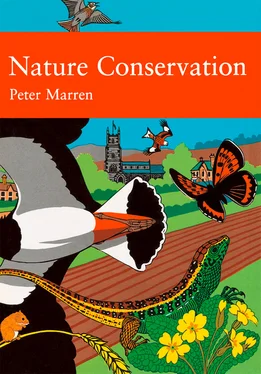

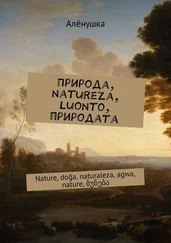
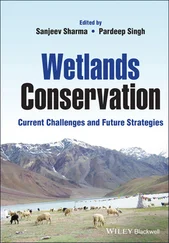
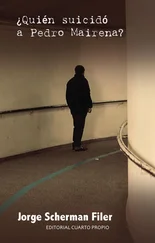
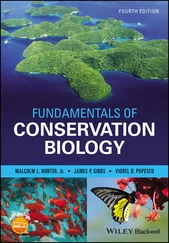
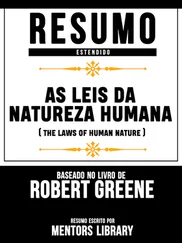




![Various - Birds and Nature, Vol. 12 No. 5 [December 1902]](/books/745517/various-birds-and-nature-vol-12-no-5-december-thumb.webp)
![Various - Birds and Nature Vol. 11 No. 2 [February 1902]](/books/745533/various-birds-and-nature-vol-11-no-2-february-1-thumb.webp)